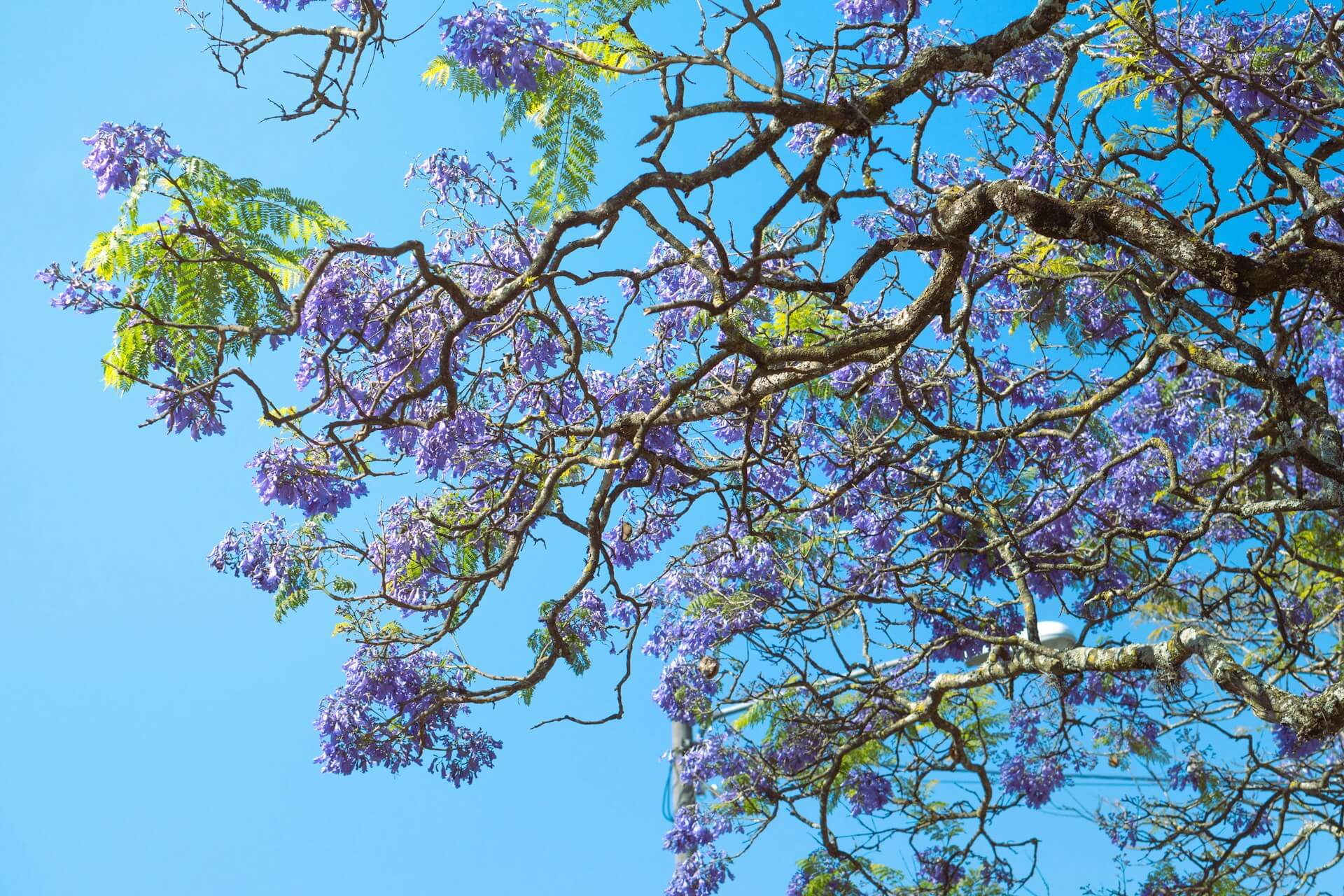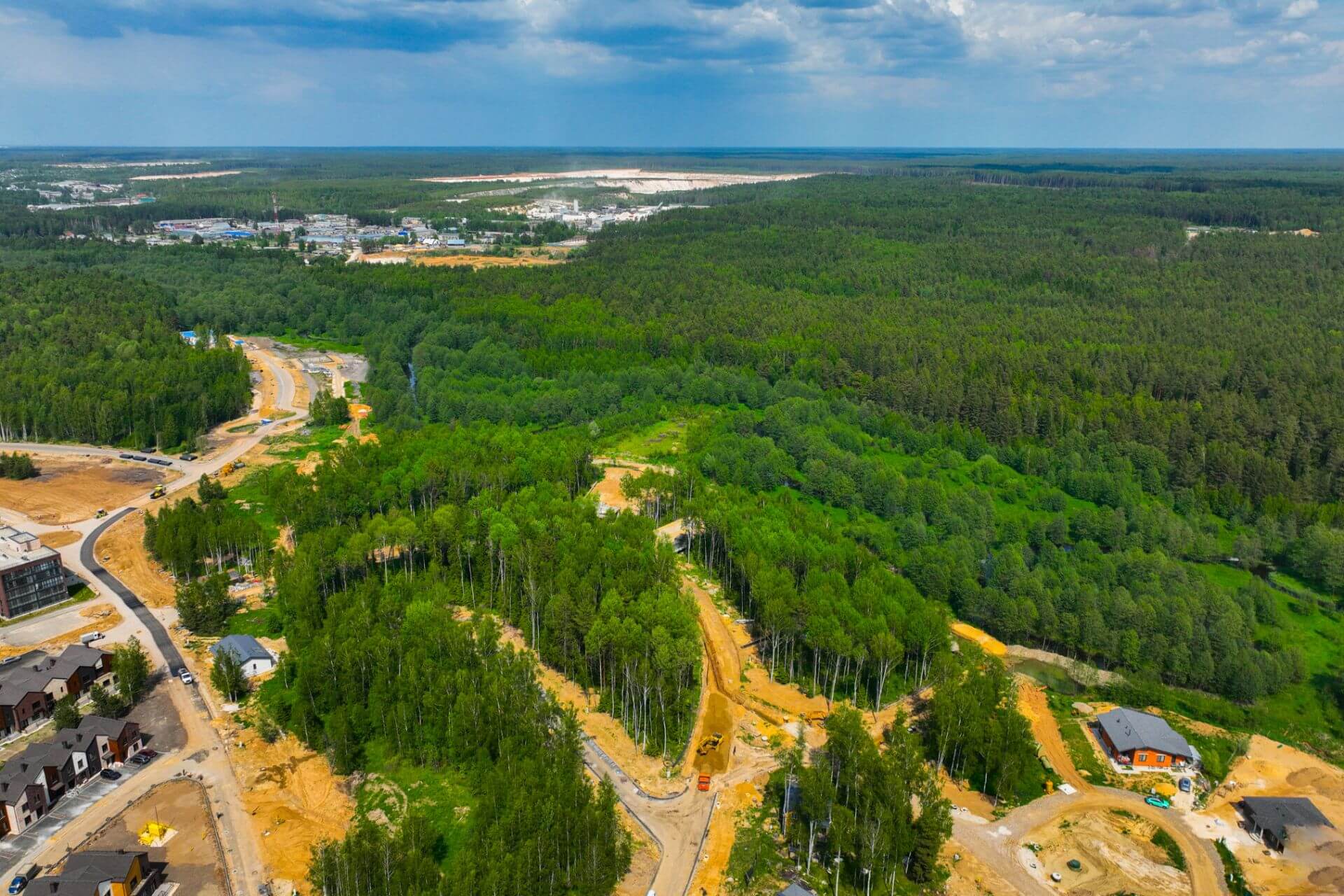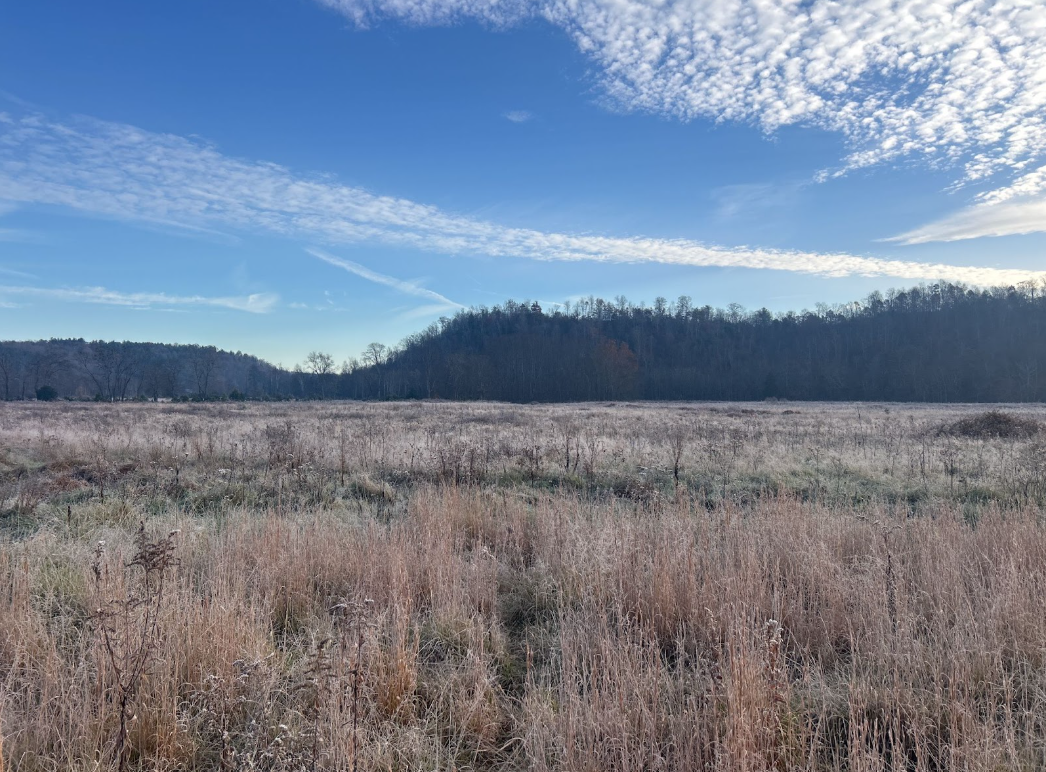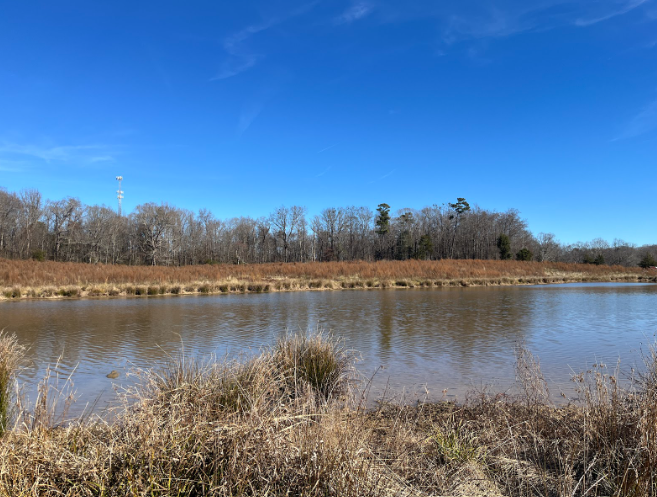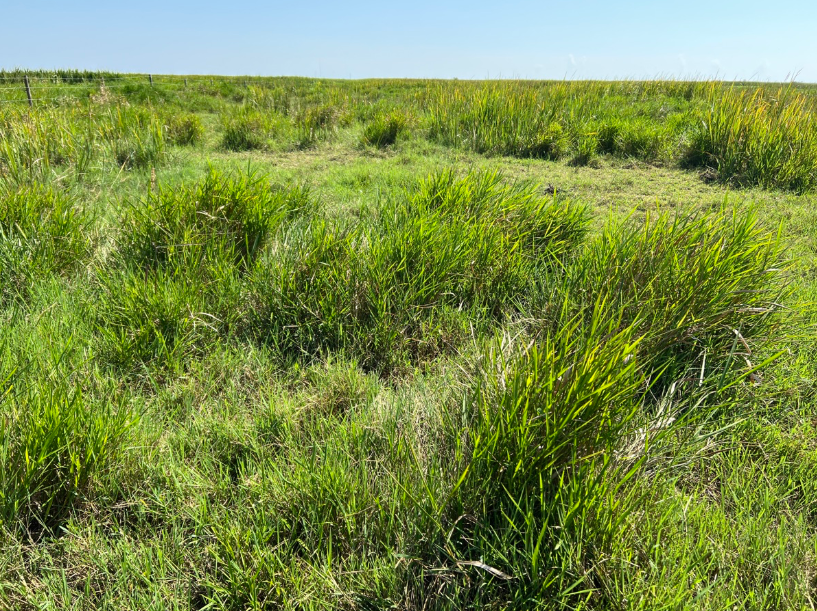Ecosystem services (ES) is a buzzword that often appears when discussing ways to protect the environment. Although the term has been around since the 1980s, there’s a lot of confusion behind what it conveys. We’ll discuss ES’s meaning and how it relates to nature’s importance to society.
Foundation of Ecosystem Services
Ecosystem Services was originally coined by Paul and Anne Ehrlich in the 1980s to bring awareness to the public of nature's importance. It warned that neglect of nature would lead to dire consequences for society. They feared societal collapse if people didn't learn to live in alignment with nature.
In 1997, there was a turning point in the term ES's usage and meaning when works by Gretchen Daily and Robert Costanza explained the true meaning of ecosystem services.
Daily wrote the book Societal Dependence on Natural Ecosystems, and Costanza wrote the article "The Value of the World's Ecosystem Services and Natural Capital".
These works were the foundation of defining and assigning value to the planet’s ecosystem and natural processes.
It refined the ideas behind ES and the techniques for obtaining its value to society.
Ecosystem Services Benefits and Types
Ecosystem services are the diverse benefits that humans obtain from the natural environment and properly functioning ecosystems. These include:
- clean drinking water
- soil fertility
- groundwater recharge
- pollination of plants
- flood control
- carbon sequestration
Essentially, ES represents the various ways in which the planet’s natural processes support human life and economic activity.
Ecosystem services are typically classified into four main categories: provisioning, regulating, cultural, and supporting services.
Provisioning Services Come from Nature
Simply put, provisioning services are the things that we take directly from nature to feed us, house us, and fuel our economy.
Some examples of these include:
- agricultural products
- seafood
- freshwater
- plant fiber
- plant-based oils
- plant-based fuels
- timber
Regulating Services Make Headlines
Regulating services help regulate the natural processes and environmental conditions. These are often the ones that may make headlines.
Some regulating services include:
- climate regulation
- carbon storage
- pollination
- flood control
- decomposition
- erosion control
These services help create resiliency and can be pivotable to implementing sustainable practices.
Cultural Services Enhance Quality of Life
Cultural services are a bit more complicated and can sometimes be difficult to quantify. They provide non-material benefits that enhance quality of life and general well-being.
Some cultural services include:
- recreation and tourism
- spiritual and religious connections
- educational opportunities
One significant example of cultural services is recreation. Many people enjoy nature. Cultural services are all non-material benefits provided to humans that contribute to quality of life.
Supporting Services Underlie Ecosystem Services
Supporting services are the fundamental processes that underlie all other ecosystem services. They are different from the other types of ES as they impact people indirectly or over such long periods that they are hard to notice.
Supporting services include:
- nutrient cycling
- soil formation
- water cycling
- carbon cycle
- production of atmospheric oxygen
Whereas regulating, provisioning and cultural services impact people either directly or on shorter-term time scales.
Conclusion
Viewing the natural world through the lens of ecosystem services highlights nature's indispensable role in our lives. By understanding this, we can better appreciate the connections between our well-being, environmental health, and the economy.
Economic development has often been at odds with nature, but integrating ecological values into economic models offers a path to sustainable living. As an environmental conservation non-profit, our goal is to protect and enhance these services, ensuring nature's many benefits continue to sustain communities for generations.
About the Author
Sam Warnock brings in-depth experience with ecosystem services, natural capital accounting, and environmental regulations based on his time spent in the private environmental sector and his education. His experience stems from projects related to regulatory permitting, chemical analysis, and EPA compliance. He has overseen a broad range of projects across the globe with a focus on environmental sustainability.
Learn More
